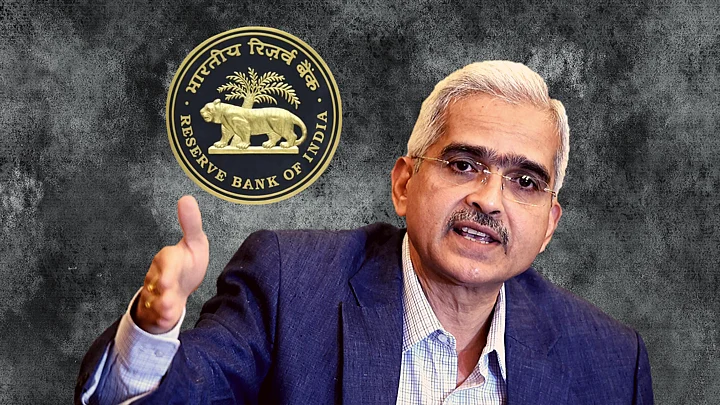RBI Governor Shaktikanta Das on Friday announced several measures to help individuals and businesses counter the economic adversities thrown up by the coronavirus crisis. These efforts are estimated to inject around Rs 3.74 lakh crore into the Indian economy. From allowing a three-month moratorium on all loans to significantly lowering the key repo rate and the reverse repo rate, the steps taken by the central bank are already being described as “big-bang” and “a balm required to revive the economy”.
But how do these announcements benefit the common man? Will your EMIs get deferred? Have loan repayments been waived or deferred? Here's what you need to know.
Will my EMI payments not get deducted from my account?
So, here’s the thing. The Reserve Bank of India’s announcement says that it will allow banks to provide a three-month moratorium on EMI payments. But individual banks still have to consent to this deferral for your EMIs to stop being deducted.
When are the banks going to tell us whether they are providing this moratorium or not?
This is how it’s going to work: The banks will deliberate on this and get the decision to implement the moratorium approved by their boards. Once that is done, expect a message or an email informing you about their decision, and hopefully giving you good news!
In case you don’t hear from your bank, you can get in touch with them and enquire about whether your EMI is getting deferred or not.
Which banks have been allowed to offer this moratorium?
All commercial banks (including regional rural banks, small finance banks and local area banks), co-operative banks, All-India Financial Institutions, and NBFCs (including housing finance companies and micro-finance institutions) are being permitted to allow a moratorium of three months on payment of instalments for all term loans outstanding as on 1 March 2020.
If my bank suspends my EMIs for three months, will it affect my credit score?
Nope!
But wait, is my EMI is being waived or just delayed?
That’s an important question. Please note that this is NOT a waiver, but a deferment or delay. What RBI has basically said is that your repayment schedule can be pushed back by three months. So you’ll still have to pay as much, but if your bank allows it, you won’t need to pay up over these next three months.
What kind of loans are included under this move?
This is applicable to all term loans, which includes personal loans, education loans, home loans, consumer durable loans, and any other kind of loan with a fixed tenure.
Does the move cover only interest payments or principal repayment as well?
It covers both principal and interest.
Do I get a break from my credit card payments as well?
No. Credit cards payments do not fall under the category of term loans, and are not included under this moratorium.
What about working capital loans undertaken by businesses?
Here is what the RBI has said, “In respect of working capital facilities sanctioned in the form of cash credit/overdraft, lending institutions are being permitted to allow a deferment of three months on payment of interest in respect of all such facilities outstanding as on 1 March 2020."
Basically, lending institutions have been allowed to defer interest payments for all working capital loans by three months.
Will the lowering of the key repo rate and the reverse repo rate lead to a benefit for those who have taken floating rate loans?
Yup, those who have taken floating rate loans are expected to benefit with a rate cut sooner. On other loans, banks may take some time to pass on the benefit.
(At The Quint, we question everything. Play an active role in shaping our journalism by becoming a member today.)
